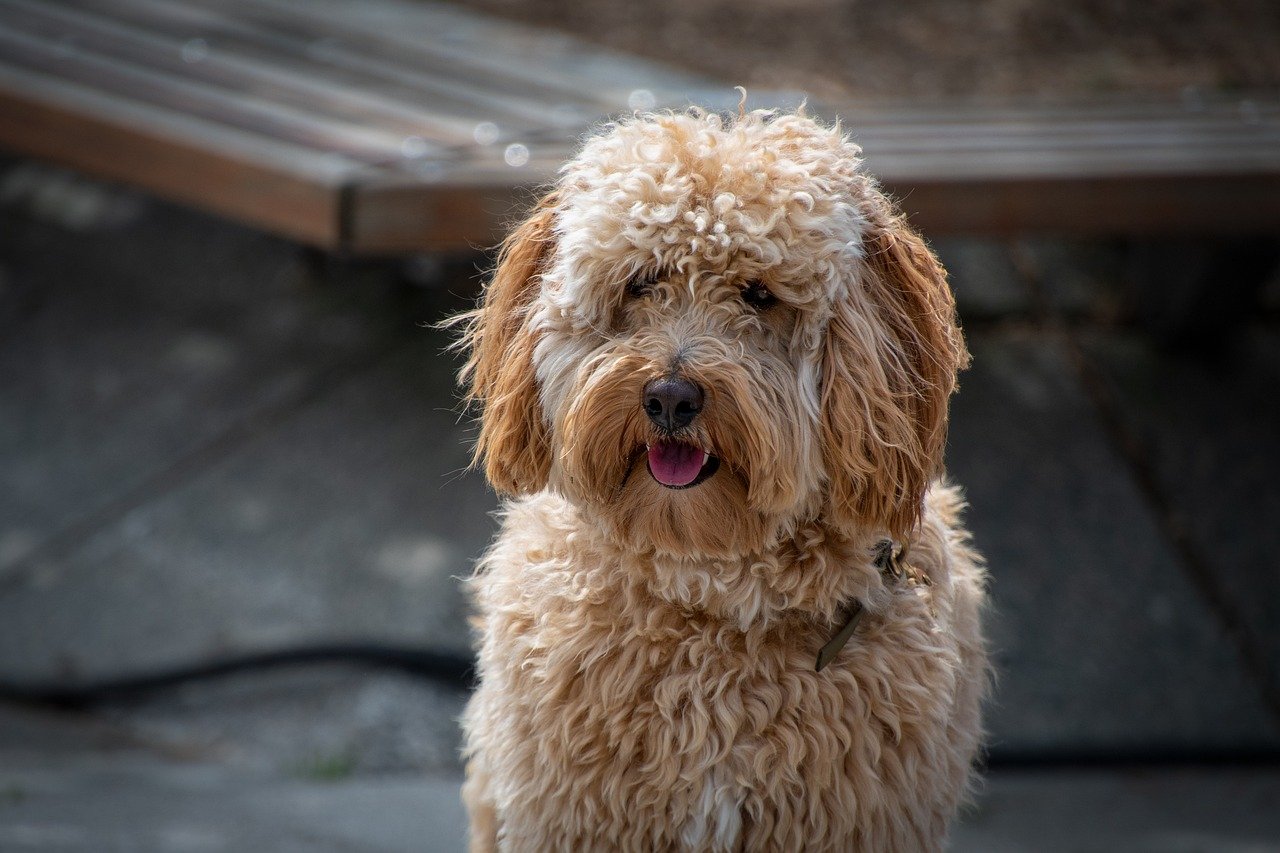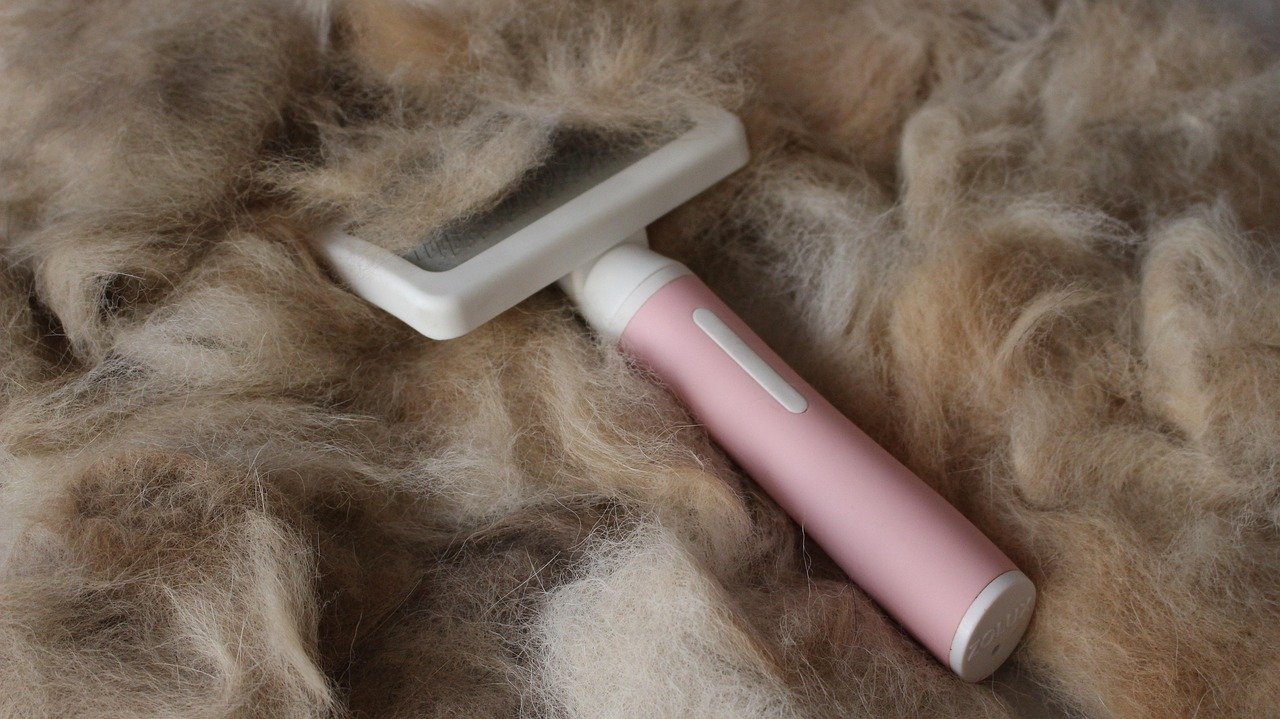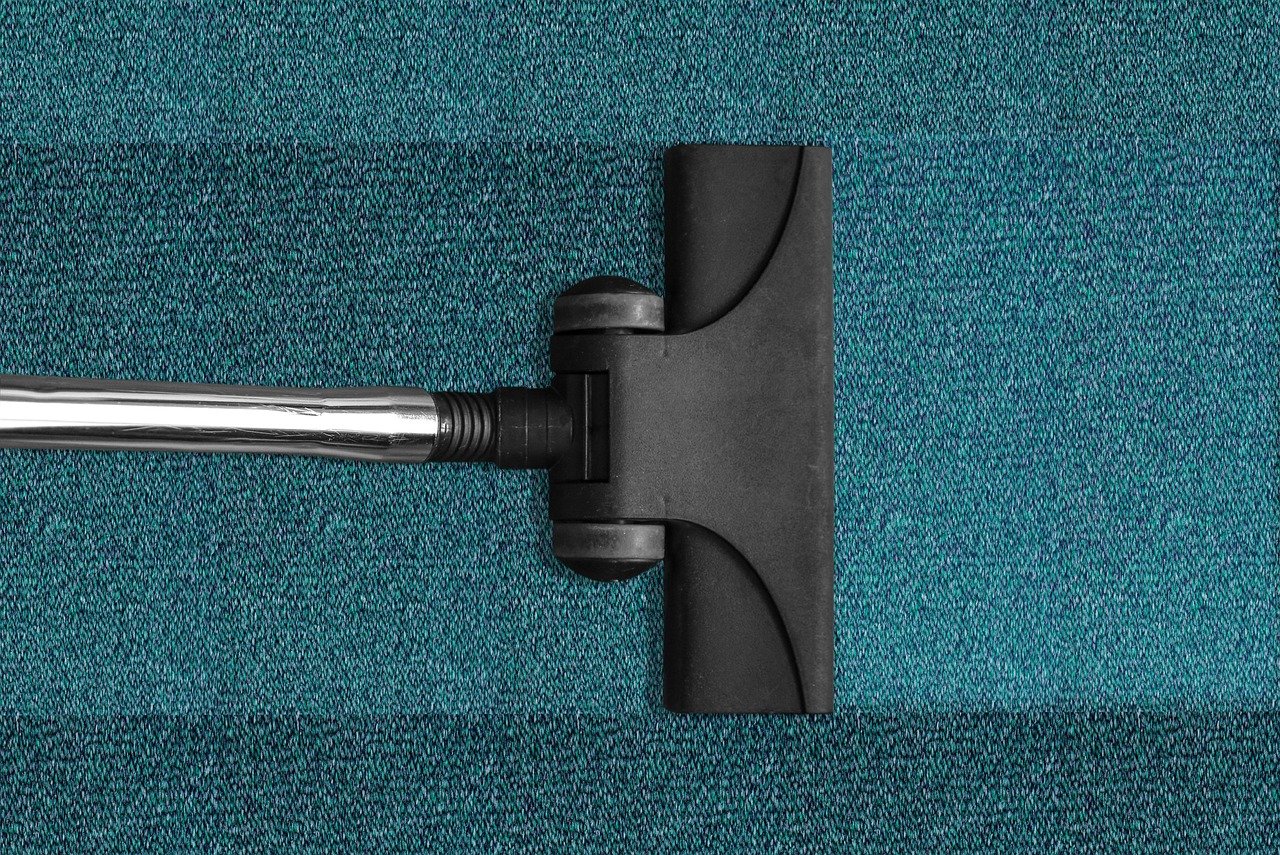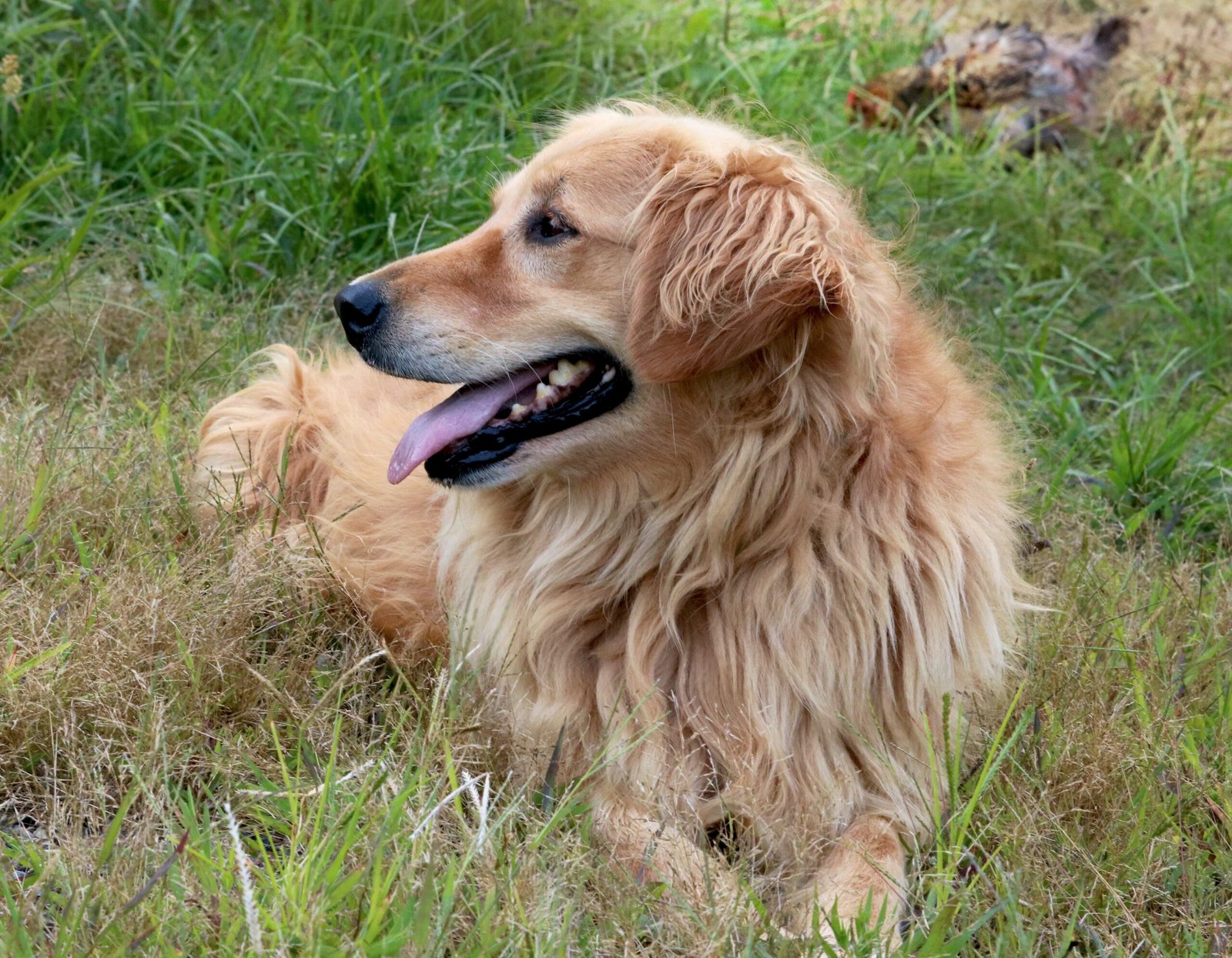If you live with a heavy-coated dog, you already know that fur seems to end up everywhere! But don’t worry—managing shedding doesn’t have to feel like a losing battle. With the right grooming tools, a healthy diet, and a few smart habits, you can keep the fluff under control and your home much cleaner. Plus, regular brushing sessions aren’t just good for shedding—they’re awesome bonding time too. A little effort goes a long way toward a happier, healthier, and less furry life together!
Understanding Why Heavy-Coated Breeds Shed So Much

Shedding is more than just a nuisance—it’s a natural process for dogs, especially those with thick, double coats like Huskies, Golden Retrievers, or Malamutes. These breeds have evolved to shed their undercoat to regulate body temperature, particularly during seasonal changes. The amount of shedding can be shocking, leaving owners feeling overwhelmed. Genetics play a major role, as some breeds are simply hardwired to lose more hair than others. Stress, diet, and overall health can also influence shedding. Recognizing these factors can help you empathize with your dog and approach the problem with patience rather than frustration. Remember, shedding means your dog’s coat is healthy and functioning as nature intended.
Choosing the Right Grooming Tools

Not all brushes are created equal when it comes to tackling thick, heavy coats. For these breeds, a slicker brush or undercoat rake is essential. These tools are designed to reach deep into the undercoat and remove loose fur without damaging the topcoat. Deshedding tools, like the Furminator, have become popular for good reason—they can remove vast amounts of loose hair in just one session. A simple bristle brush won’t cut it for heavy shedders, so investing in the right equipment makes all the difference. Grooming gloves can also help, especially for dogs who dislike traditional brushes. Using the right tools can transform grooming from a chore to a bonding experience.
Mastering the Art of Regular Brushing
Consistency is key when it comes to managing shedding in heavy-coated breeds. Brushing your dog several times a week—and daily during peak shedding seasons—can drastically reduce the amount of fur floating around your home. Start each session gently, focusing on small areas and working your way through mats and tangles. Make brushing a positive experience by offering treats and praise, turning it into a special time together rather than a dreaded task. Regular sessions prevent mats from forming, remove dead hair, and stimulate healthy skin. It might feel overwhelming at first, but sticking to a routine makes the process quicker and more enjoyable for both you and your dog.
The Power of Bathing and Blow Drying
Bathing can loosen dead fur and help keep your dog’s coat clean and healthy, but over-bathing can strip natural oils. Aim for a bath every 4–6 weeks, unless your vet suggests otherwise. Use a high-quality dog shampoo designed for heavy shedders. After the bath, towel dry your dog thoroughly. Here’s where the magic happens: use a high-velocity dryer to blow out the loose undercoat. This tool, commonly used by professional groomers, can be a game-changer for heavy-coated breeds. It blasts away loose hair that brushes can’t reach, leaving your dog’s coat lighter and your home less hairy.
Nutrition’s Role in Reducing Shedding
What your dog eats directly affects the health of their skin and coat. A well-balanced diet rich in omega-3 and omega-6 fatty acids promotes a shiny, healthy coat and can minimize excessive shedding. Look for dog foods that list meat as the first ingredient and avoid fillers like corn and soy, which can trigger skin issues. Supplements such as fish oil or flaxseed oil can be added to your dog’s food after consulting your vet. Hydration is just as important—always ensure fresh water is available. Healthy skin means less itchiness, fewer hot spots, and ultimately, less hair falling out.
Managing Shedding with Professional Grooming
Sometimes, at-home grooming simply isn’t enough, especially during heavy shedding periods. Professional groomers have specialized tools and techniques to safely and effectively remove vast amounts of loose fur. They can also spot skin issues or parasites that might be contributing to excessive shedding. Scheduling regular grooming appointments—every 6–8 weeks—can provide relief for both you and your dog. Some groomers offer deshedding treatments that are especially helpful for breeds like Akitas, Samoyeds, and Collies. Think of it as a spa day for your furry friend, leaving them looking and feeling their best.
Keeping Your Home Fur-Free (Well, Almost)

While you may never have a completely fur-free home, there are ways to minimize the mess. Start by designating dog-friendly zones and using washable blankets or covers on furniture. Invest in a powerful vacuum cleaner with a pet hair attachment and make vacuuming a regular habit. Lint rollers are a must for clothing and car seats. Air purifiers can help trap airborne hair and dander, improving the air quality. Quick daily clean-ups are more effective than marathon weekend scrubbing sessions. With a little planning, you can keep shedding from taking over your living space.
Recognizing When Shedding Isn’t Normal

Excessive shedding can sometimes signal an underlying health issue. Watch for bald spots, red or flaky skin, or sudden changes in shedding patterns. Allergies, hormonal imbalances, parasites, or stress can all cause abnormal hair loss. If you notice your dog excessively licking, scratching, or biting their fur, it’s time for a vet visit. Early intervention can prevent minor problems from turning into major ones. Trust your instincts—no one knows your dog better than you do. Staying alert ensures your dog’s coat is a sign of health, not a symptom of illness.
Making Shedding Season Easier on Both of You
Shedding season can feel like a never-ending battle, but it doesn’t have to be a source of stress. Turn grooming sessions into bonding time with your dog, using treats, toys, or soothing music to create a calm environment. Share the responsibility with family members so it doesn’t fall on one person. Celebrate small victories, like a fur-free couch or a shiny, healthy coat. Remember, shedding is temporary—but the love and loyalty of your heavy-coated friend are forever. Embrace the fluff, find humor in the furry chaos, and remember that you’re not alone in this journey.
Tackling shedding might feel overwhelming at first, but with a few simple tricks, it quickly becomes part of your normal routine. Regular grooming, good nutrition, and the right tools can make a huge difference—not just for your home, but for your dog’s health too. Plus, all that extra brushing time just means more chances to bond with your furry best friend. Embrace the fluff and enjoy the journey together! What would you try first to tackle the fluff explosion in your home?

Andrew Alpin from India is the Brand Manager of Doggo digest. Andrew is an experienced content specialist and social media manager with a passion for writing. His forte includes health and wellness, Travel, Animals, and Nature. A nature nomad, Andrew is obsessed with mountains and loves high-altitude trekking. He has been on several Himalayan treks in India including the Everest Base Camp in Nepal.





